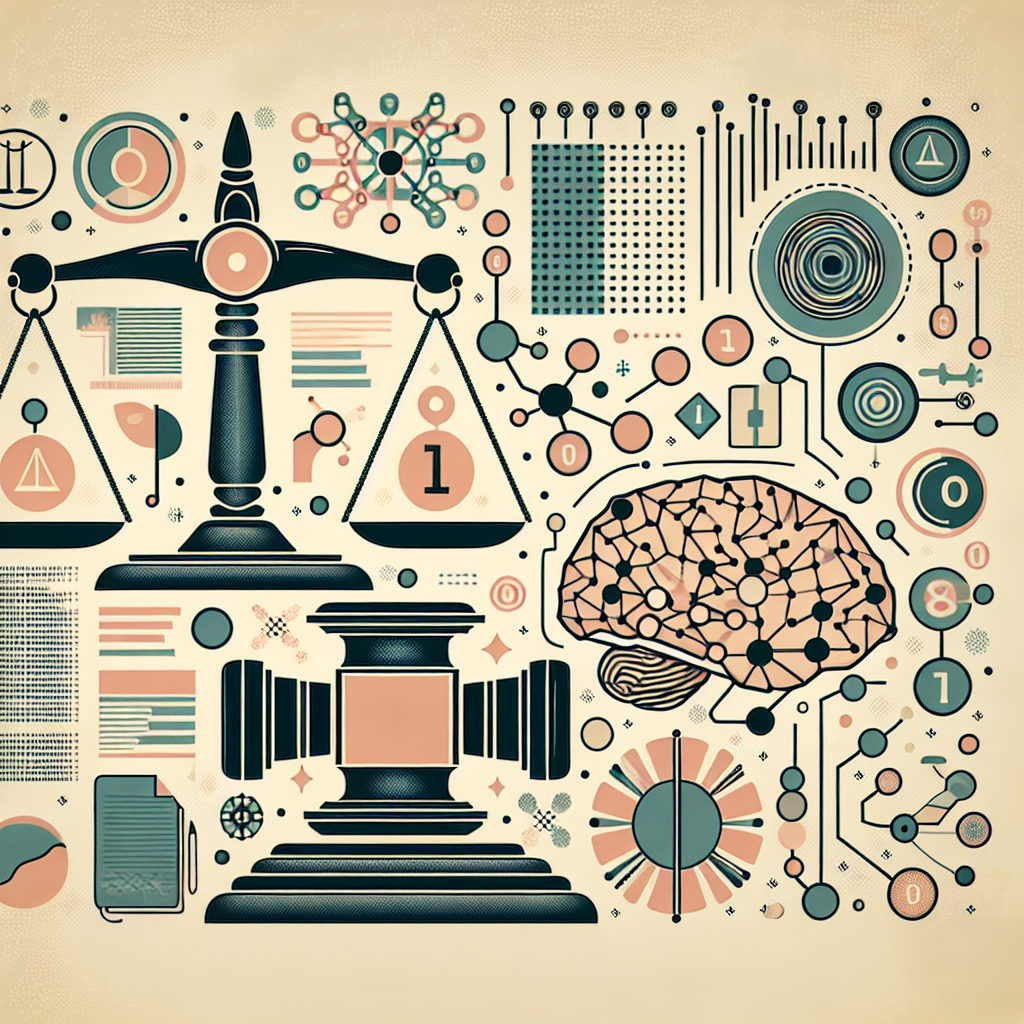Natural Language Processing (NLP) is a branch of artificial intelligence that focuses on the interaction between computers and human language. It involves the development of algorithms and models that enable computers to understand, interpret, and generate human language. NLP has a wide range of applications in various industries, including healthcare, finance, customer service, and legal document analysis.
Legal document analysis is a crucial task for law firms, legal departments, and legal professionals. It involves analyzing and extracting information from legal documents such as contracts, court cases, statutes, and regulations. NLP can significantly improve the efficiency and accuracy of legal document analysis by automating the process of extracting key information, identifying patterns, and summarizing complex legal texts.
One of the key challenges in legal document analysis is the sheer volume of documents that need to be processed. Legal professionals often have to sift through hundreds or even thousands of pages of text to find relevant information. NLP can help automate this process by quickly identifying relevant sections of text, extracting key information, and summarizing the content in a concise and structured manner.
Another challenge in legal document analysis is the complexity and ambiguity of legal language. Legal texts are often filled with jargon, archaic language, and complex sentence structures that can be difficult for non-experts to understand. NLP algorithms can help parse through these complexities and extract meaning from legal texts by analyzing the syntax, semantics, and context of the language used.
NLP techniques such as natural language understanding (NLU) and natural language generation (NLG) can be applied to legal document analysis to extract key information, identify relationships between entities, and generate summaries or reports. NLU algorithms can analyze the structure and meaning of legal texts to identify key concepts, entities, and relationships. NLG algorithms can then generate summaries or reports based on the extracted information, making it easier for legal professionals to review and analyze the content.
One of the key applications of NLP in legal document analysis is contract analysis. Contracts are a fundamental aspect of the legal profession, and analyzing contracts can be a time-consuming and labor-intensive task. NLP algorithms can help automate the process of contract analysis by extracting key terms, clauses, and obligations from contracts, identifying potential risks or inconsistencies, and generating summaries or reports for legal professionals to review.
Another application of NLP in legal document analysis is case law analysis. Legal professionals often have to review and analyze court cases, statutes, and regulations to understand legal precedents, interpretations, and implications. NLP algorithms can help automate the process of case law analysis by extracting key information from court cases, identifying relevant legal principles, and summarizing the content in a structured and concise manner.
Overall, NLP has the potential to revolutionize the field of legal document analysis by automating tedious and time-consuming tasks, improving accuracy and efficiency, and enabling legal professionals to make better informed decisions based on extracted information and insights.
FAQs:
Q: How does NLP help automate legal document analysis?
A: NLP algorithms can help automate legal document analysis by extracting key information, identifying relationships between entities, and generating summaries or reports based on the extracted information.
Q: What are some key applications of NLP in legal document analysis?
A: Some key applications of NLP in legal document analysis include contract analysis, case law analysis, regulatory compliance analysis, and legal research.
Q: How accurate are NLP algorithms in analyzing legal documents?
A: NLP algorithms can achieve high levels of accuracy in analyzing legal documents, but the accuracy may vary depending on the complexity of the legal texts and the quality of the algorithms used.
Q: Can NLP replace human legal professionals in analyzing legal documents?
A: While NLP can automate many aspects of legal document analysis, it is unlikely to replace human legal professionals entirely. Human expertise is still needed to interpret and apply the extracted information in a legal context.
Q: What are some challenges in implementing NLP in legal document analysis?
A: Some challenges in implementing NLP in legal document analysis include the complexity and ambiguity of legal language, the need for domain-specific knowledge, and the potential for bias or errors in the algorithms used.

